Detroit, MI – Leaders of the UAW reacted today to Judge William Young’s ruling to reverse the cancellation of hundreds of National Institutes of Health grants the agency had recently cut based on claims that they support certain topics including “gender ideology” or “diversity, equity and inclusion”. The UAW, which was a plaintiff in one case, represents more than 120,000 academic workers at higher education institutions across the country, many of whose work and careers were directly impacted by the terminated grants.
“These politically motivated attacks jeopardized medical and scientific progress and threatened the jobs of researchers studying climate change, renewable energy, cancer, viral pandemics, heart disease, diabetes, and Alzheimer’s,” said Brandon Mancilla, Director of UAW Region 9A, which includes New York, Massachusetts and the Northeast. “This decision is poised to restore hundreds of millions of dollars in previously allocated research funding, reanimating labs and workers focused on some of the most pressing health questions we face. We are grateful that this work can now get back on track.”
“Judge Young was right to call these cuts exactly what they are: illegal and discriminatory,” said Mike Miller, Director of UAW Region 6, which covers California, Washington and much of the western U.S. “The research UAW workers perform is essential to the development of technologies and treatments to enhance public health – and we are hopeful that that work is now able to proceed.”
“Not only did these attempted cuts impede lifesaving care for millions of Americans, but delays in treatment are projected to cost the public billions of dollars,” said Tim Smith, Director of UAW Region 8, which includes the National Institutes of Health and much of the mid-Atlantic seaboard. “We thank Judge Young for his decision, and are hopeful that we can now move forward with the research and innovation so many Americans depend on.”





BOSK Workers Call on NLRB to Step In: “We Deserve a Fair Shot at a Union Vote”
UAW Statement on New York Mayoral Primary Race
UAW President Shawn Fain on NYC Mayor’s Race: “We don’t need another hack politician like Cuomo”